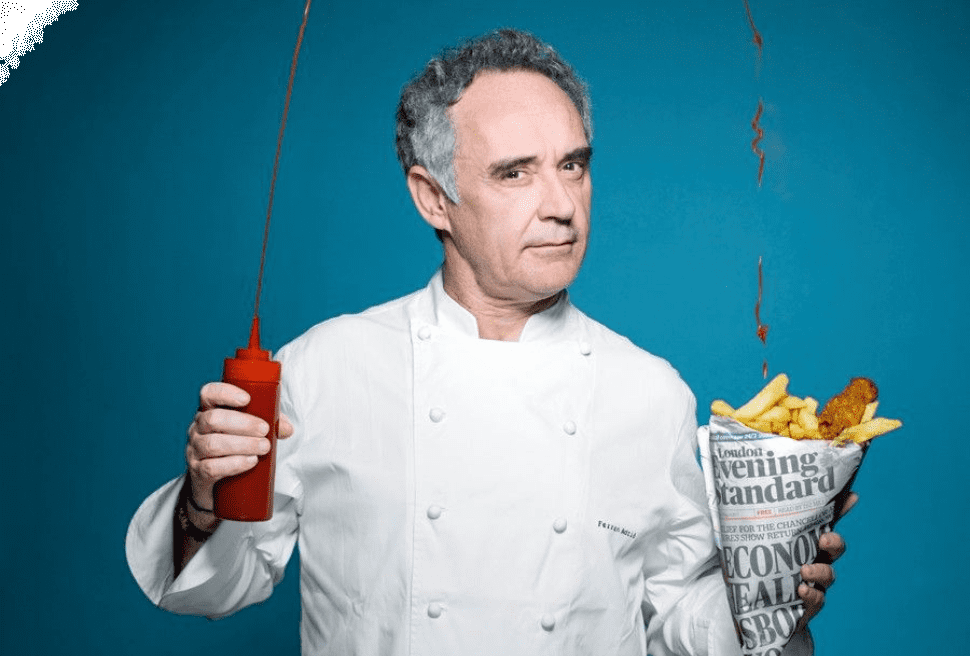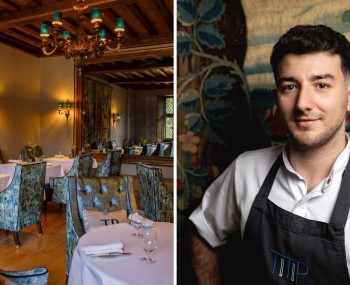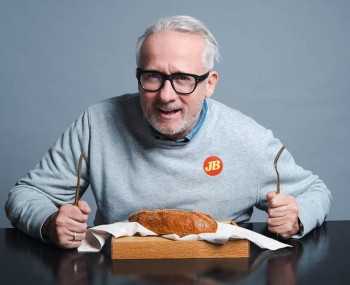Two months after the opening of the elBulli museum in Cala Montjoi, Ferran Adrià explores the concept of creativity in terms of business and artificial intelligence. "We will see incredible things, but they are already existing. Humans will still be the ones making the revolutions.”
The opinion
Just forget for a moment the secrets for clarifying a consommé: according to Ferran Adrià, the first thing anyone enrolling in a cooking school should study is numbers and management. "A study carried out in Spain claims that 50 percent of restaurants of any type do not survive past five years. This happens because many people, when they open a restaurant, don't know what they are doing. The ones offering quality, good management, and an innovative approach have a 90% chance of making it.”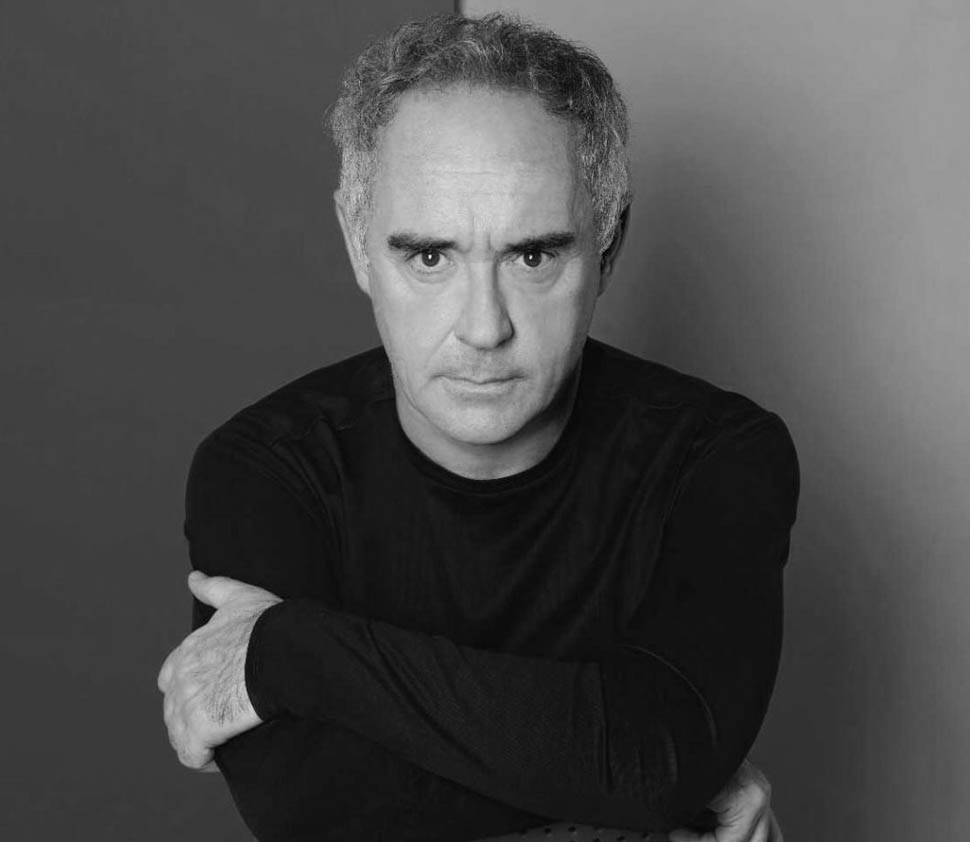
"There are many objectives, and it is important to follow them. The essential thing is to know your origins, contextualise, and codify them. For 400 years, French cuisine has been the spearhead of creativity. In the mid-1990s in Spain, by bringing together two or three generations, we were able to start a revolution that influenced the whole world. But nowadays creativity is universal. It no longer makes sense to talk about countries. Exactly as it happens in architecture, where the creator leads. There are countries boasting a very important traditional cuisine that holds a certain power. It happens when traditional and creative cuisine are very good, so that there is a dialogue between them. But creativity is planetary: neither Nordic nor Latin American, neither Spanish nor French. It belongs to the whole world.”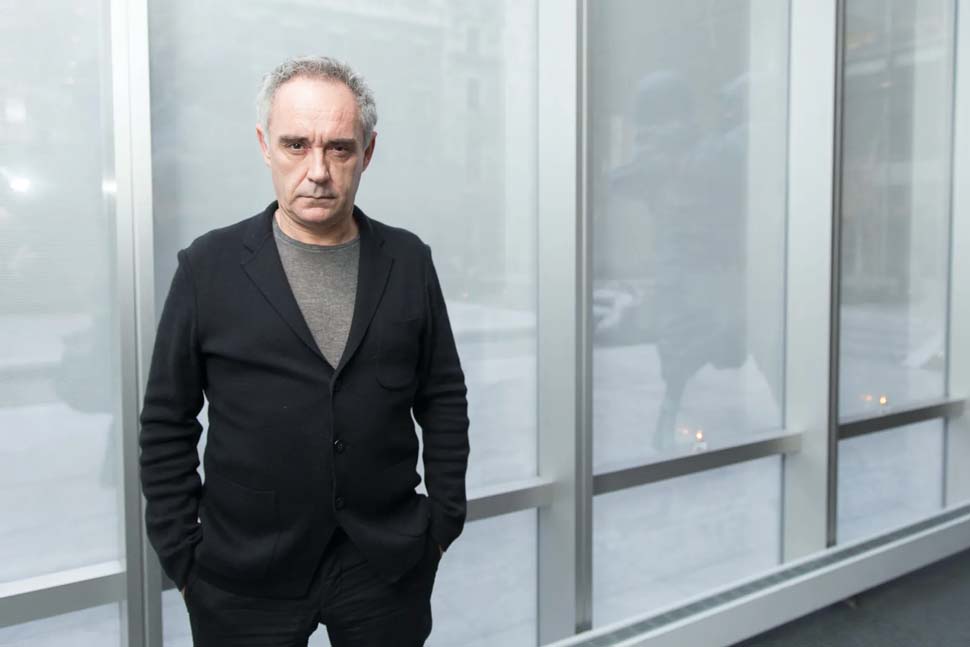 @Ben Hidler
@Ben Hidler
"Creativity should be linked to an attitude. In my case, at the top of the gastronomic pyramid, it was about challenging the limits of the gastronomic experience. So, I asked myself what it was all about. What cuisine was, how it started, the possible dialogue with the waiting staff, what a restaurant should be like. My idea was to question myself and everything else. So, we overcame a static kitchen in which you execute recipes, without thinking. At a medium-high level though, there are those who offer 'passable creativity,' easy for most people to like. Only a very few fools are dedicated to exploring the limits, so that most can move forward.”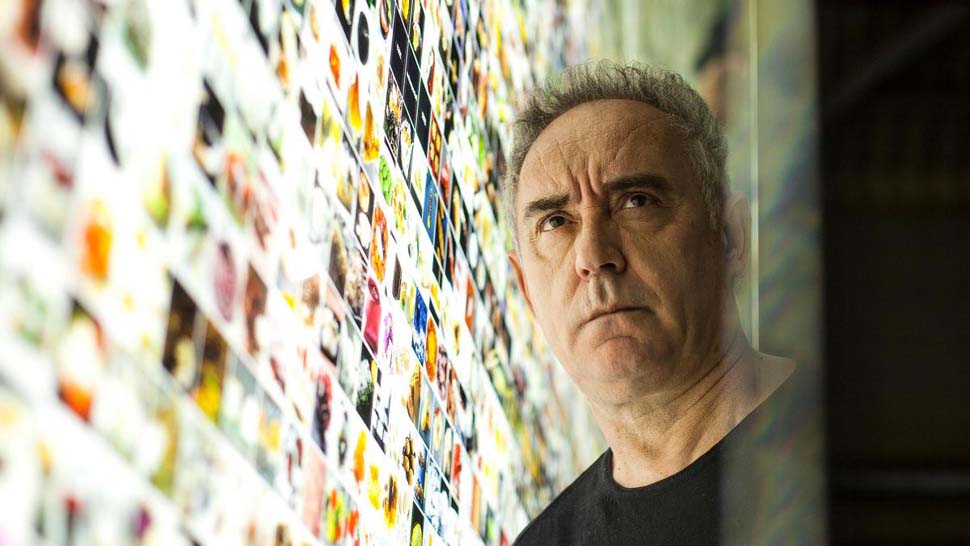 @Juan Moya
@Juan Moya
The problem in assessing creativity, warns the Catalan chef, is the lack of historical memory by those who judge, perhaps not knowing if something has already been done, for example his long menu. "There are small companies, like elBulli, that are capable of very radical innovations and can even change the paradigm of an industry. Only seven, maybe eight worldwide. More than restaurants or places to eat, they are institutes of experimentation. In creative cuisine, then, there are good, average, and bad places. It's like going to Japan for the first time, many westerners are shocked by the food because they don't have the references to understand. In creative cuisine, background and experience are at the base, so you must judge the creative level before individual liking. The subject of taste is more personal.”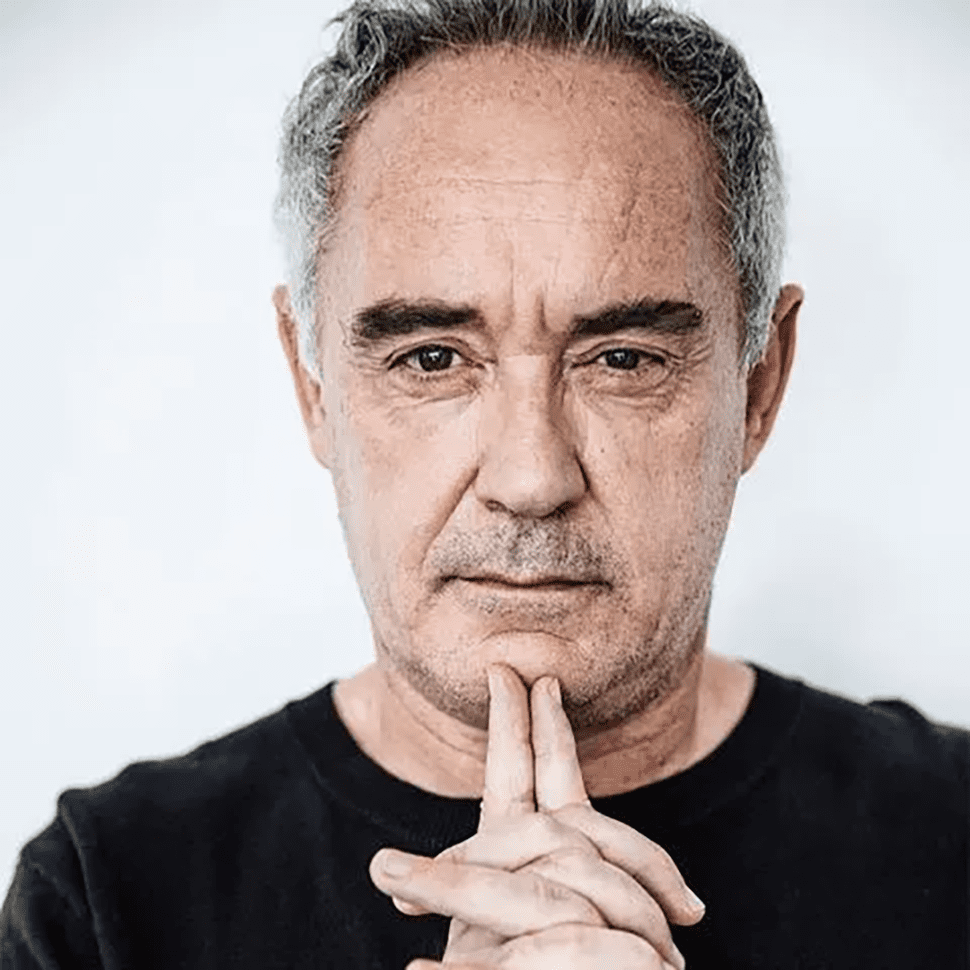
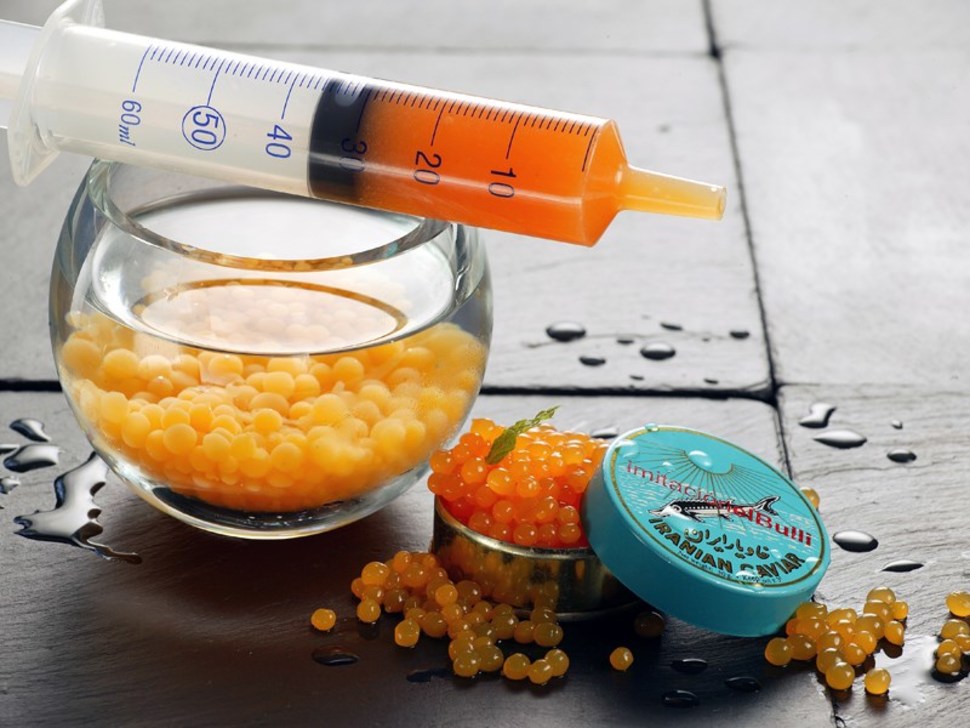 Caviar, Chef Ferran Adrià
Caviar, Chef Ferran Adrià
"In Spain and Europe, the issue of business models in catering is being raised. There are several factors to consider; on the one hand the rise in prices due to inflation, on the other the high tax burden, which leads to second thoughts. There is no single formula, but each place must reflect on how to move forward, depending on the location. But a middle ground must be found, because young people seek employment in quality restaurants, but they want to work eight hours and have a similar life to others. And I agree. But I don't know what could happen, in the sense that in previous generations creativity has always been effort based. Creating a research and development department is very expensive. But what is happening is unprecedented. I think it is good to fight for normality: in Spain most professions work eight hours a day.”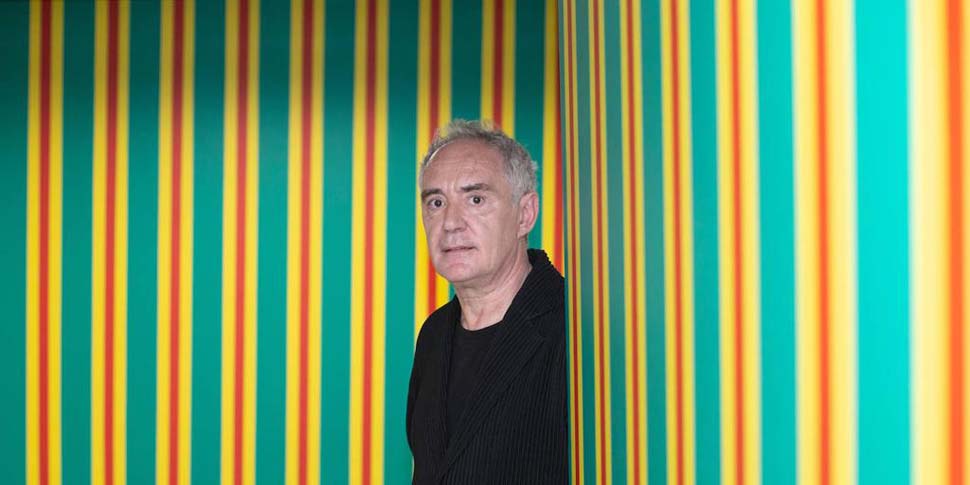 Credits Vanessa Gomez
Credits Vanessa Gomez
"Certainly, in terms of creativity, artificial intelligence will do great things. I’m not sure whether it will be capable of generating masterpieces, creating things that do not yet exist. In the end, creation is something that does not exist, and it seems to me that we trivialise the creative capacity of artificial intelligence, which acts by combining knowledge. We will see incredible things, but they are already existing. I don't think it will be capable of revolutions, humans will still oversee that for the next ten or fifteen years.”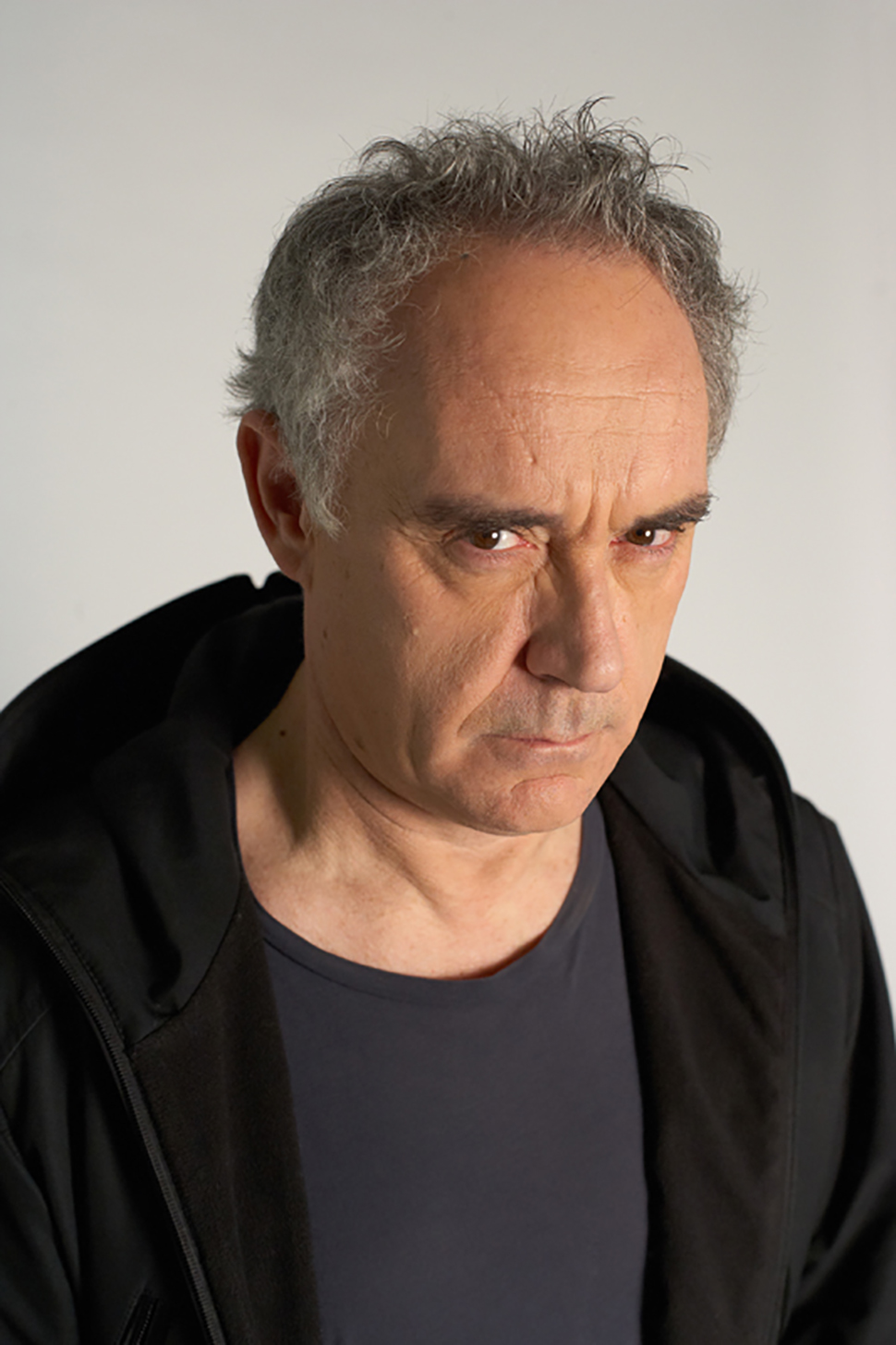
"At product or concept level, I have not seen any revolution. In the last fifteen years, the main innovation has been the introduction of traditional cuisines such as Mexican, Peruvian, Japanese, and Korean, coming from civilisations with a strong gastronomic development. Such a creative quality is unprecedented in the world. It is influenced by the fact that young people today are much better educated, speak languages, surf the web, and can find 99% of information there. What differentiates one person from another is their ability to convert it into knowledge.”
Source: La Nacion
Find the article here
Cover Photo: @Pal Hansen
